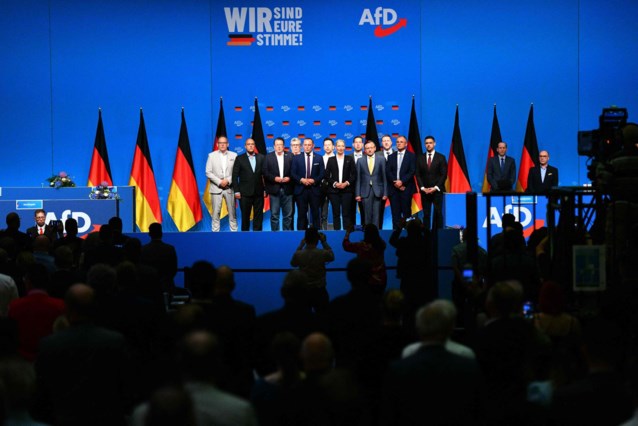The German far-right party AfD has decided to leave the Identity and Democracy (ID) group in the European Parliament, a move that was anticipated. The decision was made during the AfD congress in Essen. The split was expected as ID had already distanced itself from the AfD before the European elections in June due to controversial statements made by AfD candidate Maximilian Krah about the Nazi SS. Despite the AfD’s decision to exclude Krah, the party remained a member of Identity and Democracy, which consists of right-wing populist and nationalist parties.
Meanwhile, Hungarian Prime Minister Viktor Orban recently announced plans to form a new European parliamentary group with Austria’s far-right party (FPÖ) and the centrist movement of former Czech Prime Minister Andrej Babis (ANO). This development comes as the AfD exits the ID group, indicating shifts and realignments within European politics.
As the AfD departs from the Identity and Democracy group, the landscape of right-wing and nationalist parties in the European Parliament continues to evolve. Other groups are forming and reshaping, potentially impacting the dynamics and alliances within the EU political arena. The AfD’s decision to leave ID could have ripple effects on future collaborations and partnerships among right-wing parties in Europe.
The shift away from Identity and Democracy signals a growing rift between traditional conservative parties and populist movements across Europe. As these movements gain more power, they often challenge mainstream political norms and push for policies that may be divisive or even harmful to certain groups.
Despite this change, it is important to note that Europe remains a diverse continent with many different perspectives on politics and governance. While some may see these changes as troubling or unsettling, others view them as an opportunity for greater representation of marginalized voices and a chance to break free from old political structures.
In any case, it will be interesting to see how these changes play out over time and what impact they will have on EU policy making. Only time will tell how this new era of European politics unfolds.



